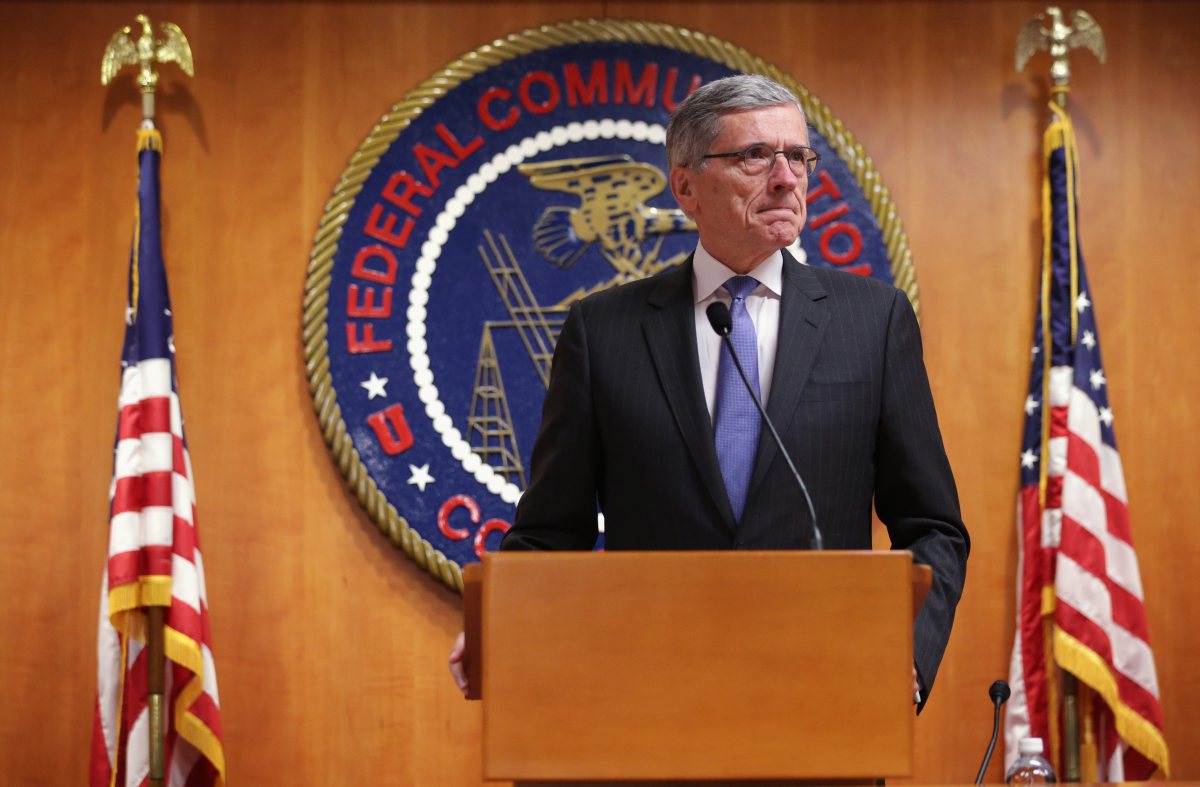Hearkening Back to Civil Rights Era, Wheeler Discusses Role of Universal Internet Access
WASHINGTON, October 10, 2014 – Federal Communications Commission Chairman Tom Wheeler said Tuesday that access to high-speed broadband is crucial to civic and economic participation in our society, his remarks at the 32nd annual Everett C. Parker Ethics in Telecommunications Lecture. This year’s lec
Wheeler emphasized the analogous circumstances of the past and the present. In the 1960’s, TV and radio most powerful sources for information, news and entertainment programming. Today, the internet is not only the most powerful source for information and news, but also for entertainment programming, education services, health care, social networking and economic opportunities.
“Access to broadband internet,” Wheeler said, “is critical to full and fair participation in our society and our economy.” People of color and low-income individuals are underrepresented online as a result of cost and lack of digital literacy, and the FCC’s push for universal access underscores their belief in providing every American with the ability to participate.
Wheeler in said that the FCC had been pushing forward to future-proof American broadband, both in terms of availability and speeds. He reiterated his agency’s belief that 25 Megabits per second (Mbps) should be the minimum speed offered by internet providers, with 100 Mbps allowing America to “win the game.”
He also reaffirmed the five principles of his recently-announced Network Compact, which include access to and on networks, interconnection, consumer protection, public safety and national security. These principles, Wheeler said, should continue to help keep the nature of the internet democratic during the move from analogy networks to internet protocol networks.
The FCC has also been continuing to promote and protect diversity. During his remarks, Wheeler cited the FCC’s move in March to ban sidecar agreements used by broadcasters. Wheeler recently blogged about the importance of diversity in media ownership on the FCC website.
Wheeler ended his speech by praising Everett Parker as an individual motivated by a dream that the principal means of communications in this country should serve everybody, regardless of the color of their skin or the size of their paycheck.









Member discussion